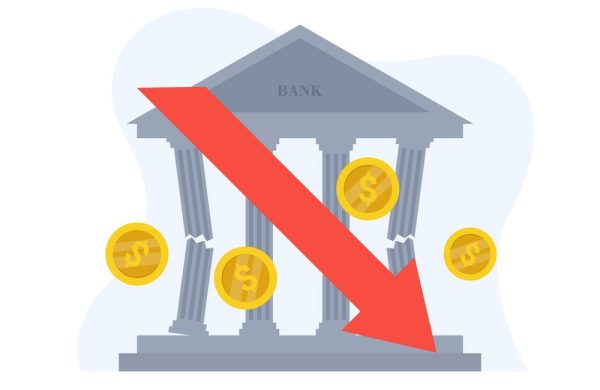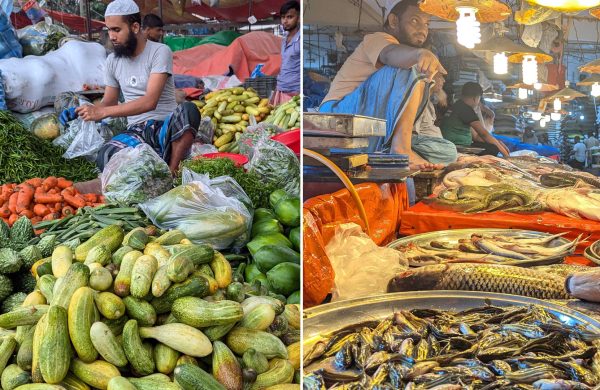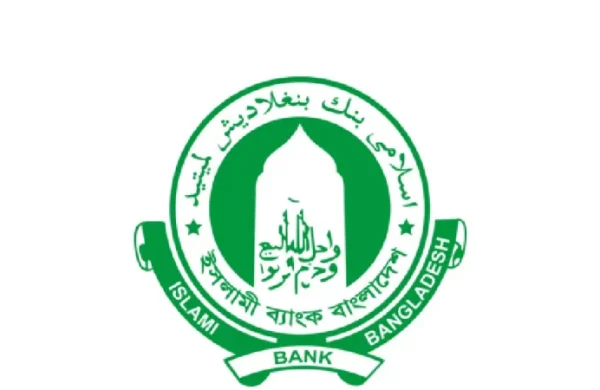Bangladeshi banks among the most vulnerable to US tariffs in Asia-Pacific: Moody’s
- Update Time : Tuesday, April 8, 2025

TDS Desk:
Bangladesh is among the three most vulnerable countries in the Asia-Pacific to face severe banking strains from US tariff hikes, Moody’s Ratings has said.
The countries — Bangladesh, Vietnam and Thailand — are more reliant on exports to the US than others in the region, making them significantly exposed to President Donald Trump’s recent tariff hikes. Lower exports would mean potentially negative business loan growth and deteriorating asset quality, Moody’s said in a report on Monday.
Bangladesh’s economy is heavily reliant on garment exports to the US, and the banking sector depends significantly on loans to the garment industry, making the already fragile economy as well as the banks particularly vulnerable to US trade antagonism. The banks are already weighed down by years of money laundering and loan scams committed by the Awami League fascist government and its cohorts.
“The higher tariffs are more negative, on a relative basis, for banks in Vietnam (Ba2 stable), Thailand (Baa1 stable) and Bangladesh (B2 negative) because of their economies’ higher reliance on exports to the US compared with other economies in the region,” Moody’s said.
“US tariffs are now very high for exports from Vietnam, Thailand and Bangladesh and the first two are more dependent on exports to the US in terms of domestic value added in gross exports. Much higher US tariffs will lower their economic growth, with the resulting strain trickling down to banks,” Moody’s said.
“For Bangladesh, higher US tariffs will depress the already weak operating environment for banks amid a slowdown in the country’s economic growth.”
Roughly 20% of Bangladesh’s banking sector exposure is linked to the garment industry, making it particularly susceptible to credit deterioration, according to Moody’s.
“Among the three banking systems most affected, banks in Bangladesh and Vietnam have the lowest capital and provisioning buffers against potentially higher problem loans,” Moody’s said.
Banks in Vietnam and Thailand, while also highly exposed, have slightly more diversified economic bases or stronger credit loss-absorbing capacity.
The US has raised average tariffs on Bangladeshi goods, predominantly garments, to 37%, more than tripling the previous rate of 11%.


















